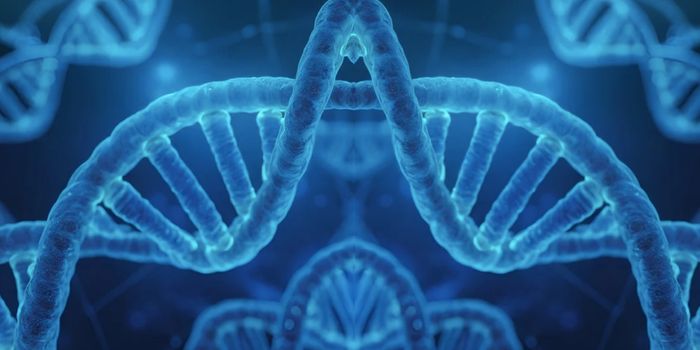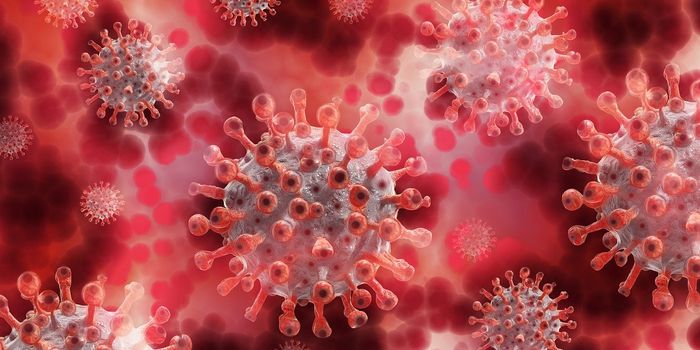Bacterial Proteins Form a Network to Attack Their Host Cell
Many bacteria that infect intestinal cells make and release bacterial proteins into their host in order to hijack cell function. These bacterial proteins or effectors can mimic host cell molecules or work as enzymes to trigger various reactions and pathways, for example. Researchers have now learned more about how effectors take over. Reporting in Science, researchers used artificial intelligence to study how these effectors work in combination, rather than on their own as previous work typically has.
Gram-negative pathogens like Escherichia coli, Salmonella, Shigella, and Yersinia use type III secretion systems (T3SSs) to release effectors. In the gastrointestinal tract, these pathogens release effectors that stop the immune response of the host. This research may help scientists create preventive medicines and treatments for these infections.
This study utilized a mouse model of E. coli infection in which the mice are infected with a parallel microbe called Citrobacter rodentium, which releases 31 effectors. But the pathogen was still able to mount a successful infection even when the researchers eliminated about 60 percent of the effector network. The host cells, however, can also adapt to fight back against these effector networks.
"The data represent a breakthrough in our understanding of the mechanisms of bacterial infections and host responses. Our results show that the injected effectors are not working individually, but instead as a pack," said study leader Professor Gad Frankel of the Department of Life Sciences at Imperial College London.
The effector networks seem to influence the tenacity of infections, so if we know more about them we may be in a better position to disrupt them.
"We found there is an inherent strength and flexibility to the network, which ensures that if one or several components don't work, the infection can go on. Importantly, this work has also revealed that our cells have a built-in firewall, which means that we can deal with the hacker's corruptive networks and mount effective immune responses that can clear the infection."
"Our study shows that we can predict how a cell will respond when attacked by different combinations of bacterial effector proteins. The research will help us to better understand how cells, the immune system, and bacteria interact, and we can apply this knowledge to diseases like cancer and inflammatory bowel disease where bacteria in the gut play an important role," explained study co-leader Professor Jyoti Choudhary of the Functional Proteomics Lab at The Institute of Cancer Research in London.
"We hope, through further study, to build on this knowledge and work out exactly how these effector proteins function, and how they work together to disrupt host cells. In [the] future, this enhanced understanding could lead to the development of new treatments."
"Our results also mean that in the future, using AI and synthetic biology, we should be able to work out which cell functions are essential during infection, enabling us to find ways to fight the infection not by killing the pathogen with antibiotics, but instead by changing and improving our natural defense responses to infection," said study co-first author Dr. Julia Sánchez-Garrido of the Department of Life Sciences at Imperial.
Sources: AAAS/Eurekalert! via Imperial College London, Science









